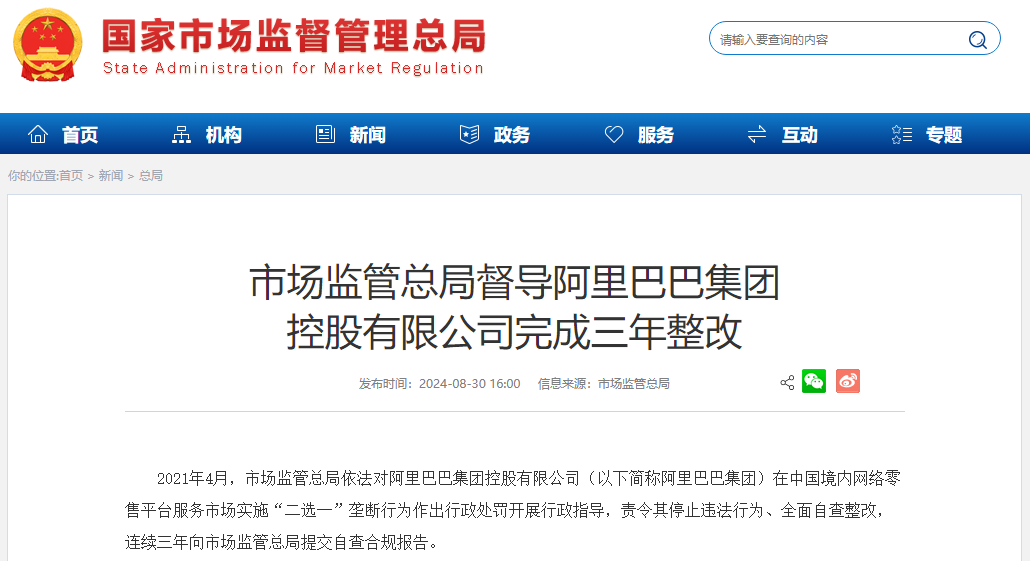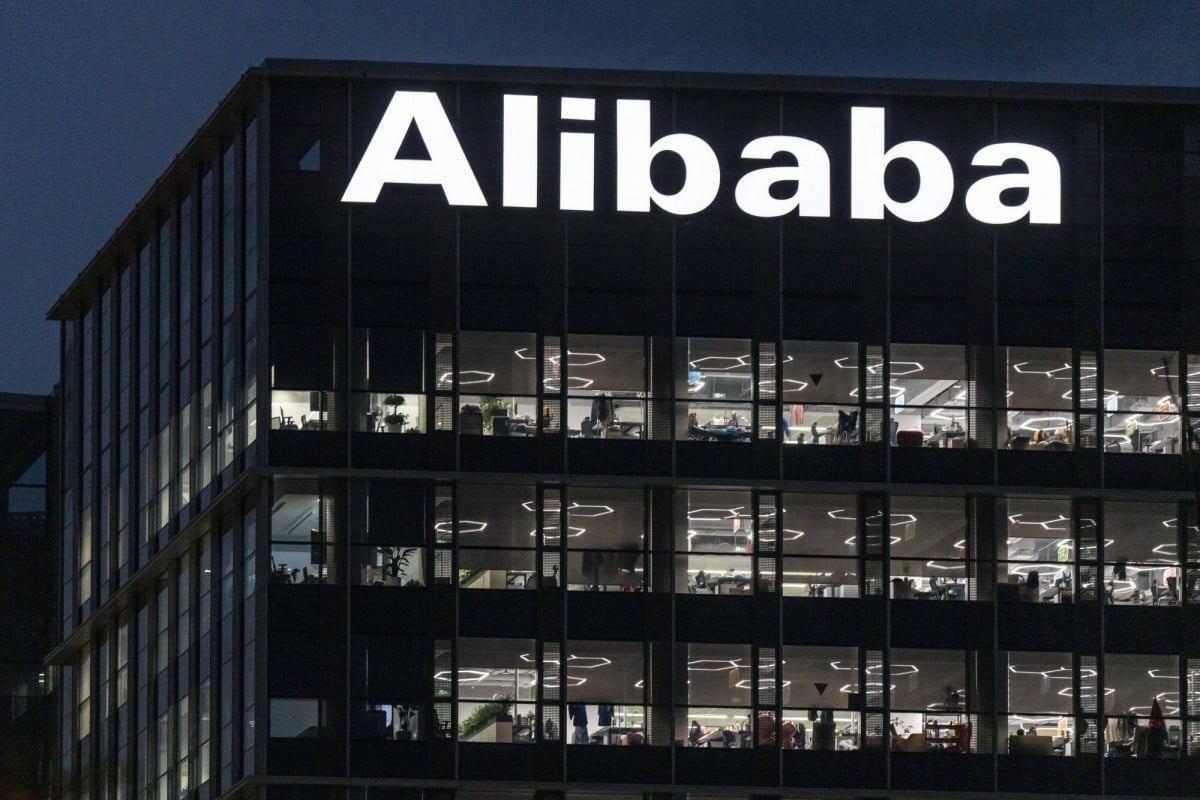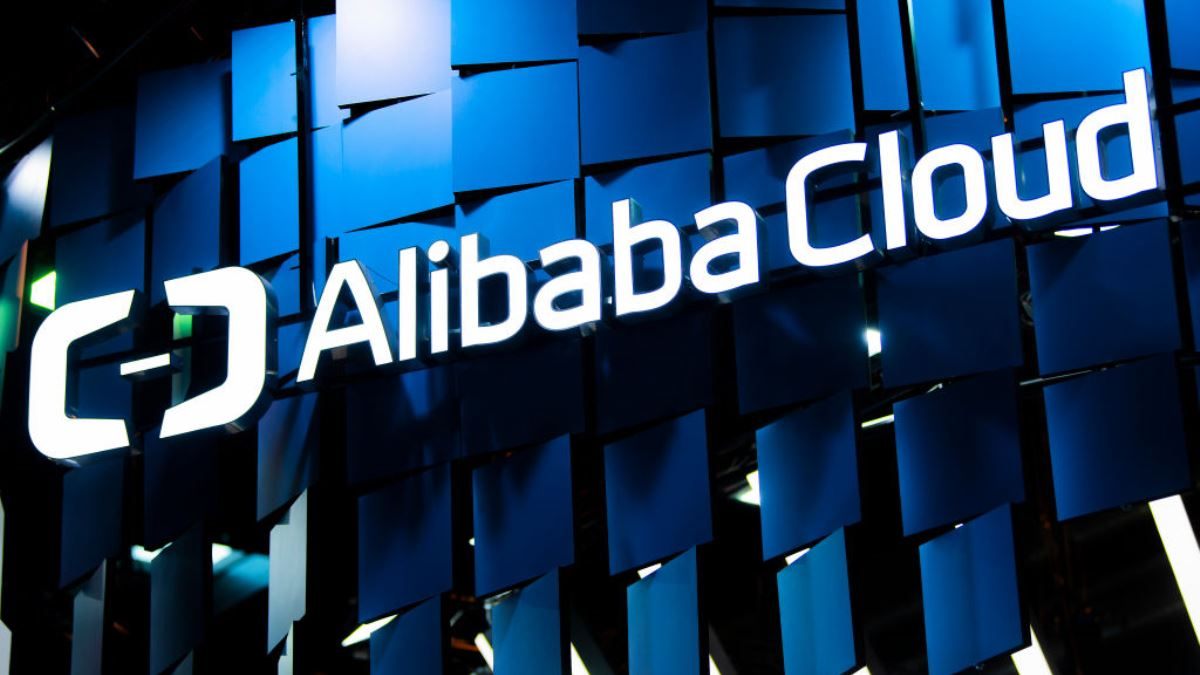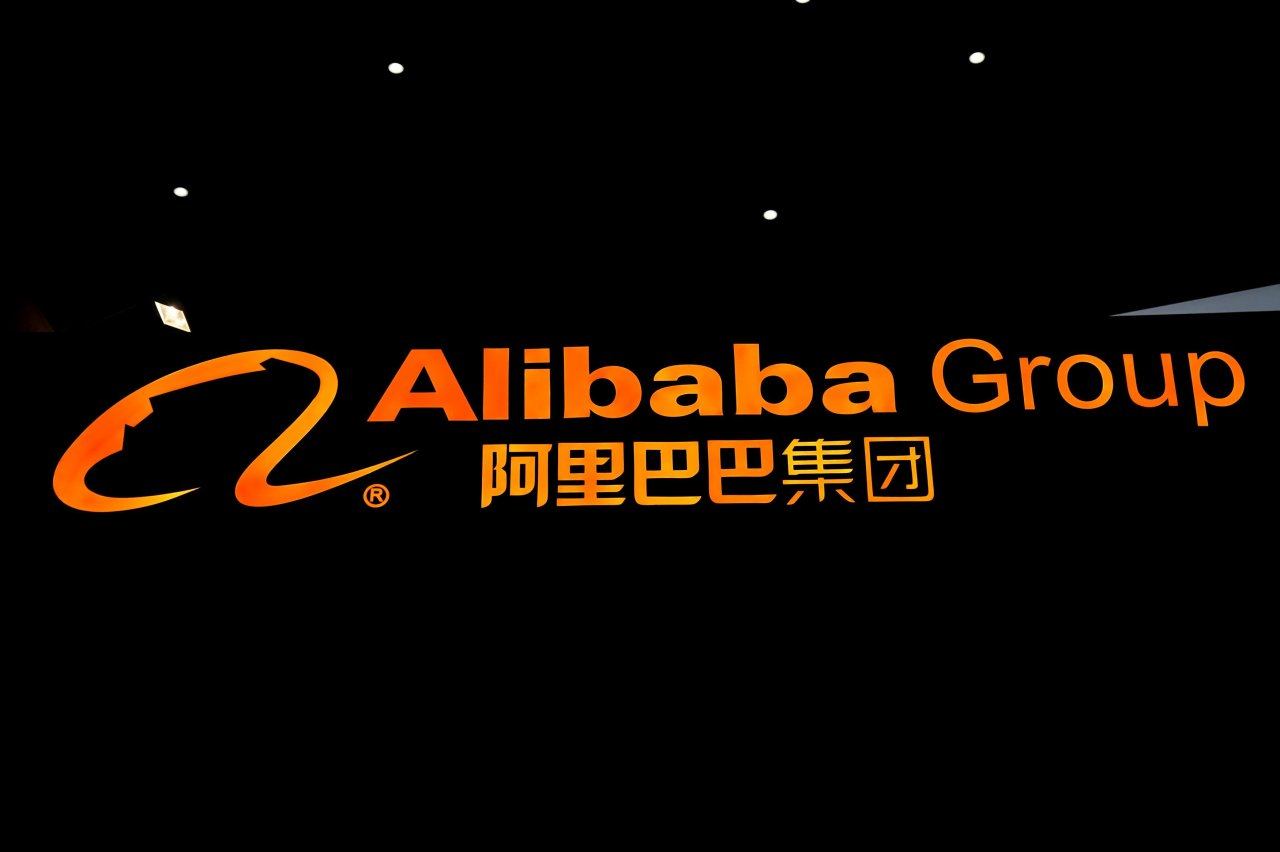Alibaba Three-Year Rectification Ends, Platform Economy Sees New Dawn
Alibaba Group's three-year rectification work has ended, and authorities will continue to guide its compliance operations to enhance its competitiveness and revive economic growth.
On August 30, it was reported that Alibaba Group has completed a three-year rectification. In April 2021, during a domestic tech industry rectification period, the group was fined 18.228 billion RMB for monopolistic practices, equivalent to 4% of its 2019 revenue.
According to the penalty, Alibaba abused its market position by forcing merchants on its platform to refuse cooperation with rival platforms. As a result, the State Administration for Market Regulation ordered Alibaba to stop illegal activities, conduct a comprehensive self-inspection, and submit compliance reports for three consecutive years.
At the end of 2020, Alibaba founder Jack Ma publicly criticized the domestic financial system, drawing significant regulatory attention. Subsequently, Alibaba's fintech subsidiary Ant Group's $37 billion IPO plan was forced to halt, leading to an unprecedented blow to the domestic tech industry and triggering a large-scale stock market sell-off in March 2022.
Since the announcement of the penalty, Alibaba's stock price has plummeted by about 75%.

The statement shows that Alibaba's rectification work has passed inspection and evaluation, fully ceased monopolistic "choose one of two" practices, and made improvements in its operations, platform responsibilities, compliance management systems, and services to merchants and consumers. "The compliance rectification work has achieved good results."
Going forward, authorities will guide Alibaba to continue standardizing operations, further improve compliance quality and efficiency, accelerate innovation-driven development, and enhance service levels, providing solid support for building a world-class enterprise and increasing international competitiveness.
Alibaba also stated that after three years of rectification, it has reached a new starting point for development and will continue to focus on innovation, adhere to compliant operations, increase technological investment, and promote the healthy development of the platform economy to create more value for society.
This news comes as Alibaba completes its main listing in Hong Kong, becoming a dual-listed company in Hong Kong and New York. Its stock is expected to be included in the Hong Kong Stock Connect this week, allowing mainland Chinese investors to purchase directly.
Following the news, Alibaba's Hong Kong stock price rose by more than 3% in early trading. With the growth of its cloud computing and e-commerce businesses, the group has shown early signs of recovery in the second quarter.

Over the past three years, Alibaba has undergone comprehensive adjustments at all levels of the group.
In March 2023, Alibaba initiated an organizational change, granting greater independence to its business groups to improve operational efficiency and respond more quickly to market changes.
In September, the company established two strategic focuses: "User-First, AI-Driven," reshaping business priorities. It also formed a new management team—Joe Tsai was appointed Chairman of the Group Board, and Eddie Wu became Group CEO.
In December, Eddie Wu, who also became CEO of Taotian Group, initiated another large-scale organizational adjustment, further rejuvenating the management team.
Overall, Alibaba's shift from forced rectification to proactive reform aims to build a healthy platform ecosystem.
Starting from this point, in July this year, Taobao announced an optimization of its "refund only" policy—merchants with a shop experience rating of ≥4.8 will not immediately support a refund-only request but will first recommend that consumers negotiate with merchants, balancing consumer rights and merchant interests while promoting fair competition in the e-commerce industry.

In the past three years, the rise of AI has attracted global enterprises, and Alibaba has once again seized this opportunity. The group has gathered numerous innovative resources, creating cutting-edge AI services through optimization.
Currently, 80% of China's tech companies, 60% of listed companies, and 65% of specialized and innovative enterprises are Alibaba Cloud customers. Additionally, nearly half of AI large models run on Alibaba Cloud.
In June this year, after OpenAI announced the cessation of API services for the Chinese market, Alibaba Cloud promptly announced the most cost-effective alternative with its large Chinese model—"Tongyi Qianwen."
At the Paris Olympics, Alibaba Cloud collaborated with Olympic Broadcasting Services to create global broadcasting infrastructure, becoming the main distribution method for live broadcast signals. This technology has been adopted by over half of global broadcasters.

According to the analysts, against the backdrop of slowing domestic economic growth and a lack of growth engines, the government has gradually increased efforts to stabilize market confidence and released signals of regulatory easing since last year. This will undoubtedly impact future policy directions and market environments. The regulatory support for platform economy development provides operators with a more stable and predictable policy environment, which is expected to bring a new round of business expansion.
For Alibaba, the group will be able to innovate and expand more boldly in its operations, while still adhering to relevant regulations to ensure compliance and sustainability of business activities.
·Original
Disclaimer: The views in this article are from the original Creator and do not represent the views or position of Hawk Insight. The content of the article is for reference, communication and learning only, and does not constitute investment advice. If it involves copyright issues, please contact us for deletion.